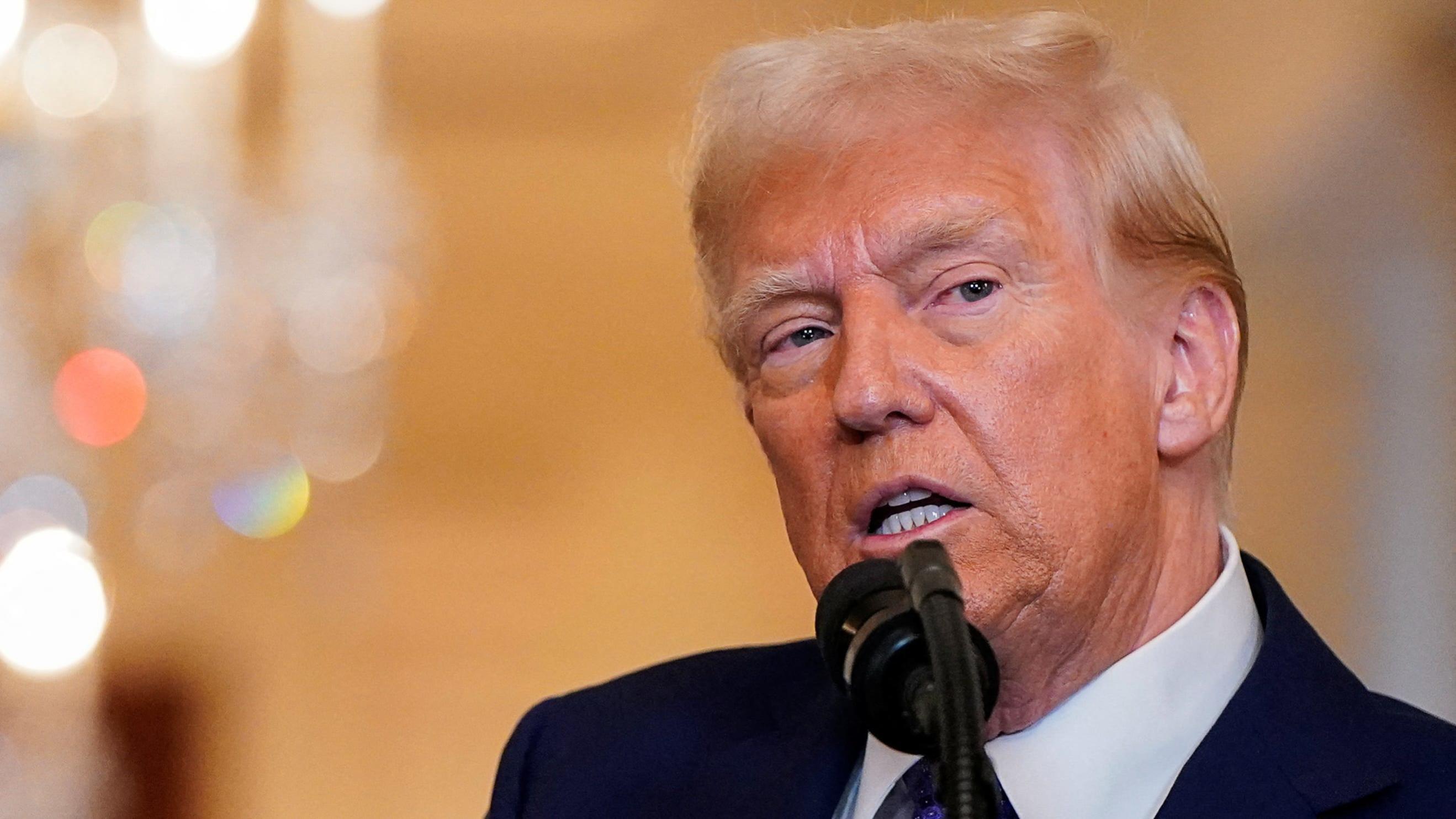The re-imposition of tariffs on imports from Canada and Mexico, coupled with escalating tariffs on China, has reignited concerns about global trade tensions. While President Trump announced a temporary delay on Mexican tariffs, the economic implications of this protectionist approach remain significant. Hyperloop Capital Insights delves into the potential impact of these tariffs, drawing upon the expert analysis of Steven Ricchiuto, US chief economist at Mizuho Americas.
Ricchiuto, in a recent interview on Yahoo Finance’s Morning Brief, offered a nuanced perspective on the inflationary pressures associated with tariffs. He argued that the impact of the 2018 tariffs was less severe than initially anticipated. This time around, he suggests, the global economic landscape is markedly different. “The inflationary aspects have been somewhat overplayed,” Ricchiuto stated. “The 2018 tariffs didn’t have the effect everyone thought it had … we have a global economy which is substantially weaker today than it was in 2018, we have a greater degree of excess supply, a greater degree of global disinflationary environment.”
Several factors contribute to this more subdued inflationary outlook. The current global economy is characterized by weaker growth and excess supply, creating a disinflationary environment. Moreover, the Federal Reserve’s shift in focus from inflation targeting to maximizing employment, coupled with a strengthening US dollar, further mitigates inflationary pressures. Ricchiuto highlighted the role of profit margins and currency fluctuations in absorbing a significant portion of the price adjustments resulting from tariffs. “We’ve had inflation remaining very, very benign in an environment where the Federal Reserve has shifted its focus away from inflation to maximizing full employment, and you have a currency that is appreciating,” he explained. “There’s a combination of margins and currency that will wind up absorbing a vast portion of the adjustment in prices.”
 Stocks react to Trump tariffs, tech earnings preview: Morning Brief
Stocks react to Trump tariffs, tech earnings preview: Morning Brief
This analysis suggests that the direct inflationary impact of the tariffs may be less pronounced than feared. However, the broader economic consequences of trade disputes, including potential disruptions to supply chains and reduced business investment, warrant careful consideration. Hyperloop Capital Insights will continue to monitor the evolving trade landscape and provide in-depth analysis of its implications for investors.
 Companies with tariff-prepared CEOs will be rewarded
Companies with tariff-prepared CEOs will be rewarded
Hyperloop Capital Insights believes that understanding the complex interplay of these factors is crucial for navigating the current market environment. For a deeper understanding of Ricchiuto’s analysis and insights on the Federal Reserve’s next move, we encourage you to view the full interview on Yahoo Finance’s Morning Brief. Stay informed and ahead of the curve with Hyperloop Capital Insights.


